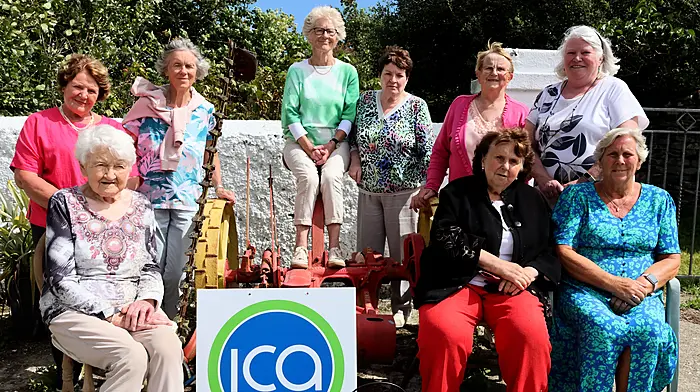Since June this year, there are changes to how you consent to donate your organs.
After your death, your consent will be assumed (if you are an adult) for the donation of your liver, lungs, pancreas, heart or kidneys, if you meet all of the following criteria: you have not opted-out of organ donation; you are aged over 18; you were living in Ireland for at least 12 months before your death; you had decision-making capacity for a significant period before your death; and you have a contactable Designated Family member.
You should let your family know of your decision whether it is to donate all or some of your organs.
Your family will always be consulted before any organs are removed, and the donation will not proceed if your designated family member objects to the organ donation.
Who is my designated family member?
Firstly, your designated family member is the person that the medical professionals have had real and substantial contact with about your care and treatment before your death, sometimes called your next-of-kin.
If there is no such person, your designated family member, in order of priority, will be: your spouse or civil partner; cohabitant; children; parent or a previous guardian; siblings or step-siblings; grandparent; grandchild; uncle or aunt; niece or nephew; followed by a close friend who can correctly communicate your wishes
If you do not want to donate your liver, lungs, pancreas, heart or kidneys you can record your details on the opt-out register online, or phone HSE Live on 1800 700 700 to opt out.
Where can I find out more about organ donation?
You can more about organ donation and the opt-out register on the HSE website.
Having an organ donation card or noting your consent on your driving licence will not ensure that your organs are donated after you die, but you can use the card to start the conversation with your family.










